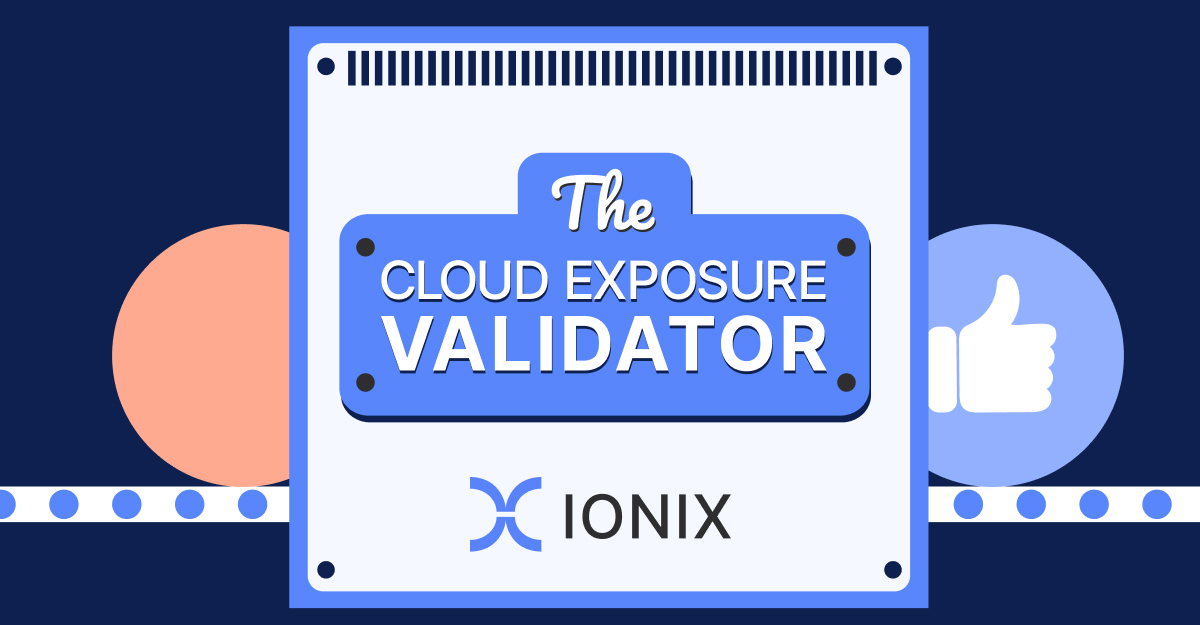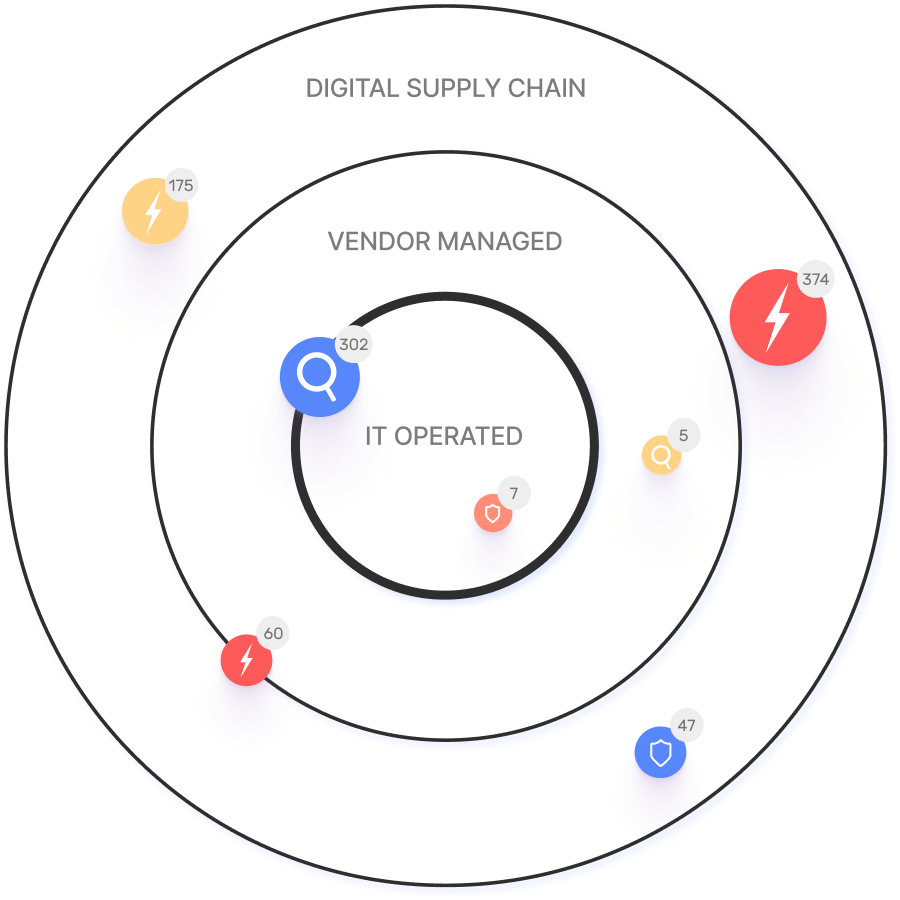Risk Scoring
Back To GlossaryRisk scoring plays a pivotal role in the cybersecurity risk management process, enabling security teams to assess and quantify the potential impact and likelihood of exploitation associated with identified vulnerabilities within an organization’s IT environment. By assigning numerical or categorical scores to vulnerabilities based on predefined criteria, such as the severity of the vulnerability, the ease of exploitation, and the potential business impact, risk scoring facilitates the prioritization of remediation efforts and resource allocation to address the most critical and imminent security risks effectively.
Security professionals utilize various risk scoring methodologies and frameworks, such as the Common Vulnerability Scoring System (CVSS), which assigns a numerical score to vulnerabilities based on their severity, exploitability, and impact metrics, or proprietary risk scoring models developed by security vendors and organizations tailored to their specific risk management requirements and objectives. Attack surface management solutions leverage risk scoring algorithms, machine learning, and data analytics to aggregate and analyze vulnerability data collected from diverse sources, such as vulnerability scanners, threat intelligence feeds, and asset inventories, to generate comprehensive risk scores for individual assets, applications, and network segments.
These risk scores provide security teams with actionable insights into the most serious security risks facing the organization, enabling them to prioritize remediation efforts, allocate resources efficiently, and focus on mitigating vulnerabilities that pose the greatest threat to the organization’s security posture and business continuity. Additionally, risk scoring facilitates communication and collaboration between security stakeholders, executives, and IT teams by providing a standardized and objective metric to convey the urgency and severity of security risks, fostering alignment and consensus on risk management priorities and strategies. As organizations strive to strengthen their cyber resilience and adapt to evolving threats, risk scoring remains a foundational component of effective cybersecurity risk management, enabling proactive risk mitigation, informed decision-making, and continuous improvement of security posture in a dynamic and complex threat landscape.


